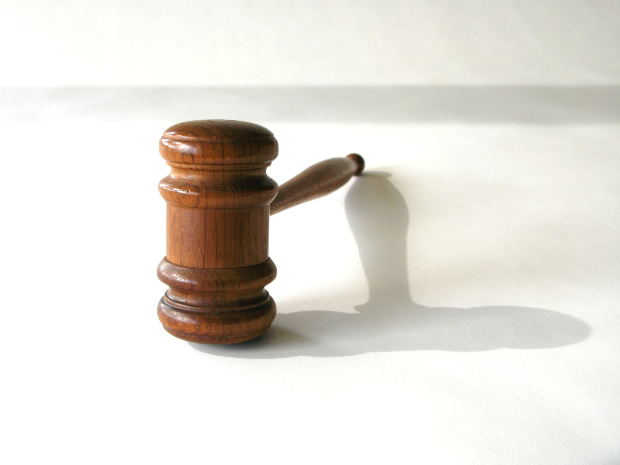Clearing Record of Prior Marijuana Arrests, Convictions
With an increasing number of states de-criminalizing or even legalizing possession and sale of marijuana for personal use, a number of courts have been asked to decide whether prior convictions for these offenses can be erased.

Most recently, the Connecticut Supreme Court ruled 7-0 that people convicted of possessing small amounts of the drug have the right to request erasure of those convictions. The court pointed to the state’s decriminalization of misdemeanor possession of the drug in 2011 as the underlying legal base for the decision.
The law reduced punishment for possession of less than a half ounce of marijuana from a misdemeanor – with the possibility of time behind bars – to a simple violation warranting a fine of between $150 to $500, depending on the number of prior offenses.
In State v. Menditto, a 31-year-old resident requested the state erase two prior convictions for marijuana possession that he received in 2009, as well as a pending marijuana possession case.
The state supreme court declined to press the issue with regard to the pending case, but did find the offender had the right to apply to have his two prior convictions erased. That ruling was a reversal of the appellate court’s finding, which held the new law should not be retroactive to cases prior to 2011.
In reversing the appeals court, the state supreme court noted that when the law changed, it made low levels of marijuana possession a civil infraction, on par with parking violations. Further, prosecutors were unable to provide any plausible reason why erasure would be denied in such an instance.
The defendant would still have to petition the court for such an erasure, sometimes referred to as “expunging” one’s record.
In California, the process of clearing one’s record is typically called a “dismissal,” because it involves reopening the case and then dismissing the conviction. When this takes place, it is to be viewed as if the crime was never committed. This will mean the conviction won’t have to be reported to most employers who ask (except those seeking law enforcement or criminal justice agency positions).
State law requires that the court and the California Department of Justice purge and destroy certain marijuana records within two years after conviction. Specifically, this involves citations for marijuana possession of less than one ounce and possession of concentrated cannabis in certain amounts, so long as it was treated as a misdemeanor. Additionally, possession of hash pipes and certain paraphernalia is also included in this.
Offenses related to drug trafficking are not eligible.
But although these records are supposed to be destroyed and no longer available for access by anyone, this is often not completed, or at least not completed timely.
In those cases, Los Angeles marijuana lawyer can assist in petitioning the court for a dismissal.
Upon receipt of a sufficient application, the Department of Justice must destroy all records pertaining to the underlying arrest or conviction.
Consulting with an attorney will ensure the process has been completed correctly and that there are no other outstanding areas of concern.
The Los Angeles CANNABIS LAW Group represents growers, dispensaries, collectives, patients and those facing marijuana charges. Call us at 949-375-4734.
Additional Resources:
Past Marijuana Convictions in Connecticut Can Be Erased, Supreme Court Says, March 16, 2015, Associated Press
More Blog Entries:
Medical Marijuana Cultivator Sues Illinois Over Licensing, March 19, 2015, Los Angeles Marijuana Lawyer Blog
 Cannabis Law Group's Medical Marijuana Legal Blog
Cannabis Law Group's Medical Marijuana Legal Blog




